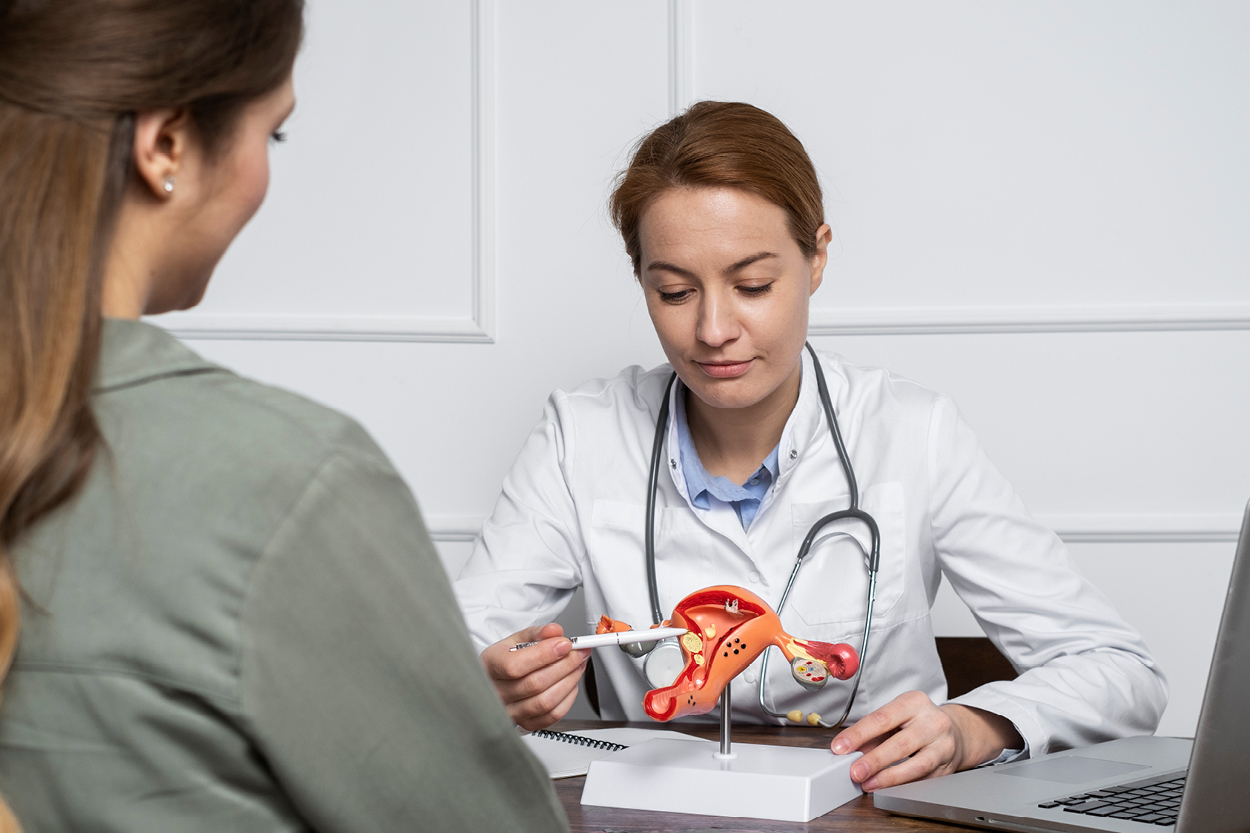While urological health affects everyone, women face distinct challenges that often go unrecognized or inadequately addressed. Understanding these differences is the first step toward better prevention, diagnosis, and treatment.
Women's anatomy creates specific vulnerabilities when it comes to urological health. Hormonal fluctuations throughout a woman's life, from menstruation to pregnancy to menopause, also play a significant role in urological function and dysfunction.
Pregnancy brings about numerous changes that can impact urological health both during and after childbirth. As the growing uterus puts pressure on the bladder, many women experience increased frequency of urination and potential stress incontinence. Labor and delivery can weaken pelvic floor muscles, leading to long-term issues with bladder control. These changes aren't just temporary inconveniences but can have lasting effects on a woman's quality of life and overall health.
Menopause introduces another set of challenges as declining estrogen levels affect the tissues of the urinary tract. The bladder lining may become thinner and more sensitive, while the muscles supporting the bladder can weaken. This hormonal shift often leads to increased urgency, frequency, and sometimes incontinence. Women may also experience more frequent urinary tract infections during this time due to changes in the vaginal environment that normally help protect against bacteria.
Common Urological Conditions in Women
Urinary tract infections represent one of the most common urological issues affecting women. The female anatomy, combined with factors like sexual activity and certain hygiene practices, makes women significantly more prone to these infections. Recurrent UTIs can be particularly challenging, requiring specialized treatment approaches and lifestyle modifications.
Stress incontinence affects millions of women, particularly those who have given birth or are going through menopause. This condition occurs when physical activities like coughing, sneezing, laughing, or exercising cause urine leakage. The weakening of pelvic floor muscles and changes in the support structure around the bladder contribute to this condition.
Overactive bladder syndrome creates urgency and frequency issues that can significantly impact daily life. Women with this condition may feel sudden, intense urges to urinate and may leak urine before reaching the bathroom. This syndrome can be particularly disruptive to work, sleep, and social activities.
The Role of Diet and Exercise
Maintaining proper nutrition plays a significant role in supporting urological health. Staying adequately hydrated helps flush bacteria from the urinary system, reducing infection risk. However, certain foods and beverages can irritate the bladder and worsen symptoms for women with existing conditions. Caffeine, alcohol, spicy foods, and artificial sweeteners are common culprits that may trigger bladder irritation.
A diet rich in fiber supports overall health and can prevent constipation, which puts additional pressure on the bladder and pelvic floor. Foods high in antioxidants, such as berries and leafy greens, may help reduce inflammation throughout the urinary system.
Regular physical activity strengthens the entire body, including the pelvic floor muscles that support bladder function. Low-impact exercises like walking, swimming, and yoga can improve circulation to the pelvic region while being gentle on the pelvic region.
Understanding that urological health is interconnected with overall wellness can empower women to take proactive steps in caring for themselves. Regular check-ups, open communication with healthcare providers, and attention to lifestyle factors can all contribute to better outcomes and improved quality of life.
If you're experiencing urological symptoms or have concerns about your urinary health, don't hesitate to seek professional guidance. Talk to your doctor at Astera Urology to discuss your symptoms and explore treatment options that can help you maintain optimal urological health. Call today to schedule an appointment at 973-927-5788 or 732-390-4447.
published: Aug. 29, 2025, 6:39 p.m.

